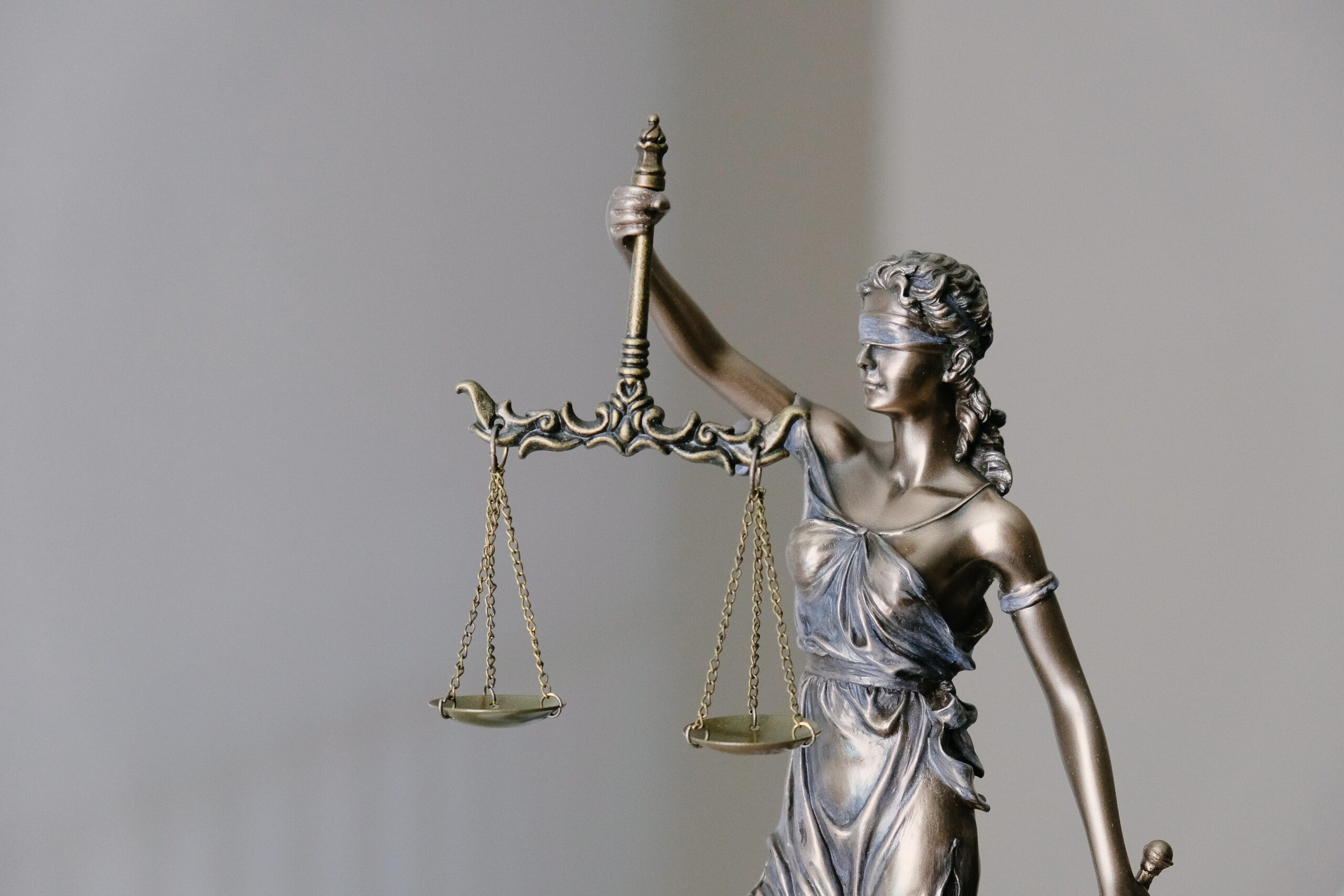Last month, Terraform Labs, the company behind the Terra ecosystem, requested the court for permission to subpoena FTX Trading and FTX.US as part of its efforts to gather evidence in its fraud defense.
On July 31, U.S. Bankruptcy Judge John Dorsey signed off on an order that allowed Terraform Labs to do just that.
“The Debtors [FTX] may designate any production in response to the Subpoenas in accordance with the terms of the Protective Order entered in the SEC Action or any confidentiality agreement entered into between the Debtors and [Terraform Labs],” read the order.
Terraform Labs was sued by the U.S. Securities and Exchange Commission (SEC) in February, with the regulator alleging that the firm and its founder Do Kwon orchestrated a “multi-billion-dollar crypto asset securities fraud.”
Lawyers for Terraform Labs believe that the key to its defense against several charges alleged in the SEC lawsuit lies within documents in the custody of the bankrupt crypto exchange FTX and its U.S. subsidiary.
Specifically, Terraform’s lawyers are seeking access to crypto wallets on the exchange tied to short-sellers of Terra-native assets like UST, LUNA, MIR, mAssets and ANC. The firm believes that with access to these records and public blockchain data, it will be able to prove that a coordinated short attack was behind the de-pegging of its algorithmic stablecoin UST, which led to the ultimate collapse of the Terra ecosystem.
Meanwhile, a federal judge has ruled against Terraform in its motion to dismiss the lawsuit entirely. In an order denying the motion on Monday, U.S. District Judge Jed Rakoff also rejected a decision made by a fellow District Judge Analisa Torres, which deemed XRP sold to retail investors on exchanges did not qualify as securities.



